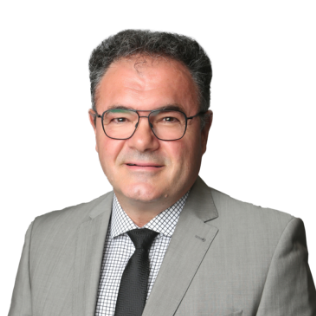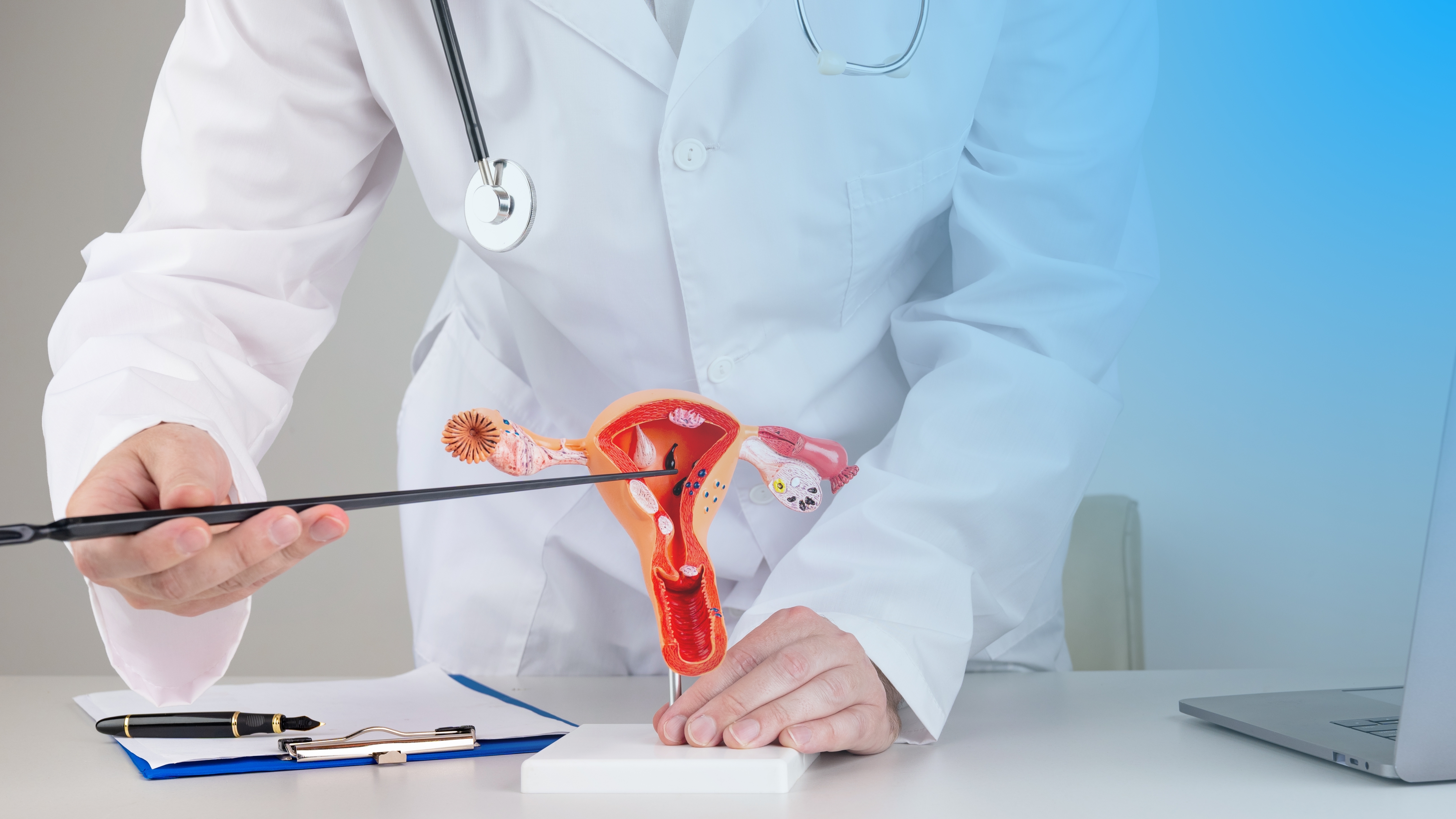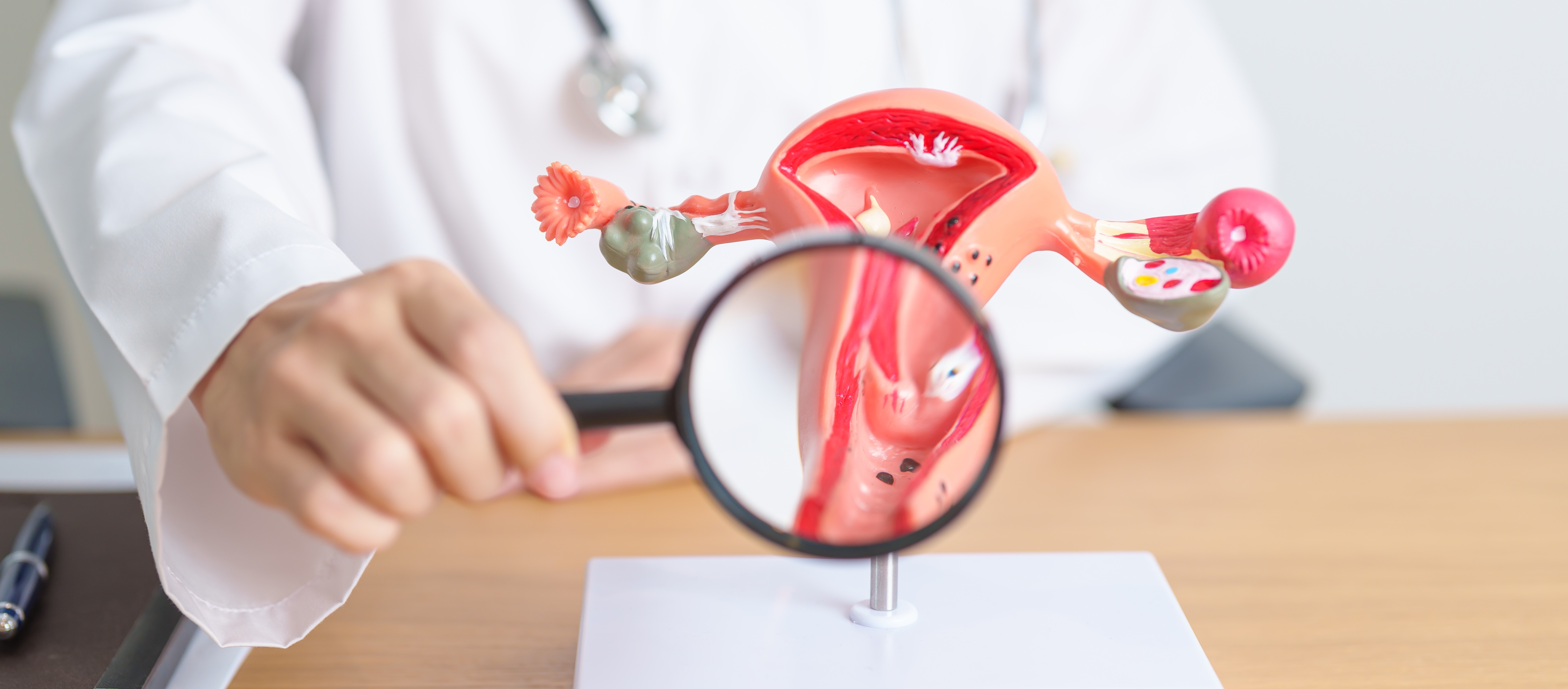Neck Pain: Causes, Symptoms, Remedies, Exercises, Treatment & More
Written By: Dr. Nikola Vagic
Updated On:December 25, 2023

What is Neck Pain?
To understand neck pain, we need to understand the neck’s anatomy.
The neck & back consist of small bones that are the vertebrae, helping form a person’s spinal column, with the first few bones making up the cervical vertebrae. These are further linked by joints which aid the neck’s movement. Between each vertebra are cervical discs, which are responsible for the neck’s flexibility & absorbing the shock between the bones. Any form of abnormality or injury to the neck’s anatomy could be the result of your neck pain.
Neck pain is rarely a cause for concern in & of itself, but in some circumstances, it calls for immediate medical attention.
Symptoms of Neck Pain
You might automatically assume that neck pain symptoms are fairly straightforward. However, owing to the neck’s anatomical complexity, neck pain can manifest in a variety of ways, including:
- Acute pain or stiffness in the neck. This pain may be pain in any part of the neck & doesn’t have to be symmetrical, or may take the form of headaches which you experience at the back of your head & neck.
- The neck muscles may feel unusually tight & one may experience trouble with its range of motion. Pinching it on the other hand may cause tingling sensations & numbness.
- Its movement may also cause cracking sounds or in rare circumstances, you might feel dizzy upon turning your head. You might also experience spasms in the neck, which usually subside after a short duration.
- Neck pain may also cause symptoms experienced in other parts of the body, such as pain & weakness in the hands & forearms.
The onset of neck pain also varies. Neck pain may increase slowly over a period of time, be the result of an injury, or may appear without any apparent reason.
When to See a Neck Pain Doctor or Chiropractor
In most cases, neck pain subsides on its own or requires simple remedies such as cold compression at home, but at times it’s a symptom of an underlying cause. As a general rule, one should seek medical help if the neck pain is severe in nature, has persisted for a prolonged period of time or is the result of a trauma, i.e. a car accident. Other times it would be advisable to consult a doctor as soon as possible include:
- If there’s a lump in the neck
- The pain radiates down the arms and/or legs
- Painful headaches that are accompanied by chills in the neck & nausea
- Trouble in bowel functions
- Tingling sensations & numbing in the neck or other body parts
- Weakness or in the worst cases, loss of function in the arms or legs
Neck Pain Causes
Neck pain is most commonly experienced due to strains & tension in the neck which subside in a short period of time. These can be due to:
- Poor posture
- Whiplash
- Sleeping awkwardly
- Neck sprain
Chronic forms of neck pain are often experienced due to spinal degeneration caused over a long period of time. These are caused by wearing down of the components which make up the neck & result in inflammation, pain & at times weakness in the body, including:
- Cervical Osteoarthritis
- Cervical Herniated Disc
- Cervical Degenerative Disc Disease
Other causes of neck pain include:
- The neck may be injured in a fall or after physical injury that results in trauma to the neck.
- Rheumatoid arthritis causes the neck to swell up & can result in pain.
- Fibromyalgia often leads to neck pain.
- Osteoporosis, where the neck bones may be weakened and/or small fractures have occurred.
While rare, there are instances where neck pain is a symptom of more serious underlying medical conditions. Meningitis, for example, is inflammation of the tissue around the brain & spine & sometimes results in a stiff neck.
Along with causing other symptoms, one may also experience neck pain during a heart attack. Cancer, which can sometimes lead to tumors developing in the cervical spine, can also lead to neck pain.
Neck Pain Risk Factors
The following risk factors exist for non-specific neck pain:
- Reduced neck strength
- Poor posture
- Previous neck injury
- Smoking
- Labor-intensive jobs
- Stress
- Increasing age
The medical literature is not conclusive on the causes of neck pain, however, most studies find the aforementioned risk factors to be most relevant.
Neck Pain Complications
Neck pain can distrust various aspects of the patient’s life including employment, social activity, physical activity, & sleep. This can cause one to experience great stress & depression. If the pain is too severe, it can lead to a reduction of physical activity, causing weight gain & further affecting the patient’s mood.
Neck Pain Diagnosis
After taking a complete medical history, a doctor usually follows with a physical examination in which they check the neck’s posture & range of motion, the strength of muscles, as well as any particular sensations. The doctor may also request for:
- CT Scans to view the bones in the neck
- X-Rays to identify degeneration or fractures
- MRI scan to view the tissues & the bones in the neck
- Blood tests which can be used to assess an underlying medical condition
Home Remedies for Neck Pain
Treating acute neck pain can be done so at home by simply:
- Resting your neck
- Avoiding strenuous activities
- Applying a cold/hot compress
- Carrying out certain stretching exercises, such as:
- Forward & backward tilts
- Side tilts
- Rotation & shoulder rolls
- Trying a physical therapy plan to strengthen the neck & improve flexibility
- Taking certain medications for instant relief such as nonsteroidal anti-inflammatory drugs.
Neck Pain Treatment
On the other hand, professionals can & in some cases, must, be consulted when you’re experiencing neck pain.
-
A general physician can be consulted if the neck pain symptoms appear to be severe. Depending upon the assessment & your overall medical condition, they may refer you to a neck pain doctor in the form of an orthopedist or neurologist. If required, medical procedures such as cervical epidural steroid injection, radiofrequency ablation & trigger point injection may be used to provide neck pain relief. In extreme circumstances, surgery may be required to remedy issues, including underlying causes.
-
Alternatively, one can also approach massage therapy to soothe the neck muscles. Other professionals, such as neck pain chiropractors & osteopaths use their hands in performing what is called “high-velocity manipulation”, with abrupt force dealt to certain joints to provide relief. Some professionals can also provide acupuncture to relieve neck pain.
Prevention of Neck Pain
Making simple lifestyle changes can address your neck as well as prevent it from developing further. These changes include:
- Practicing good posture.
- Increasing movement, including walking & stretching.
- Using earphones or headsets for your calls (and therefore not tucking your mobile phone between ear & neck).
- Quitting smoking.
- Not carrying heavy weight on your shoulders.
- Correcting your sleep posture by ensuring your neck & spine are aligned correctly when laying in bed.
For more information on causes, symptoms, remedies, exercises, & treatment of neck pain, get in touch with us.
Meet our doctors from the Spine Surgery department














